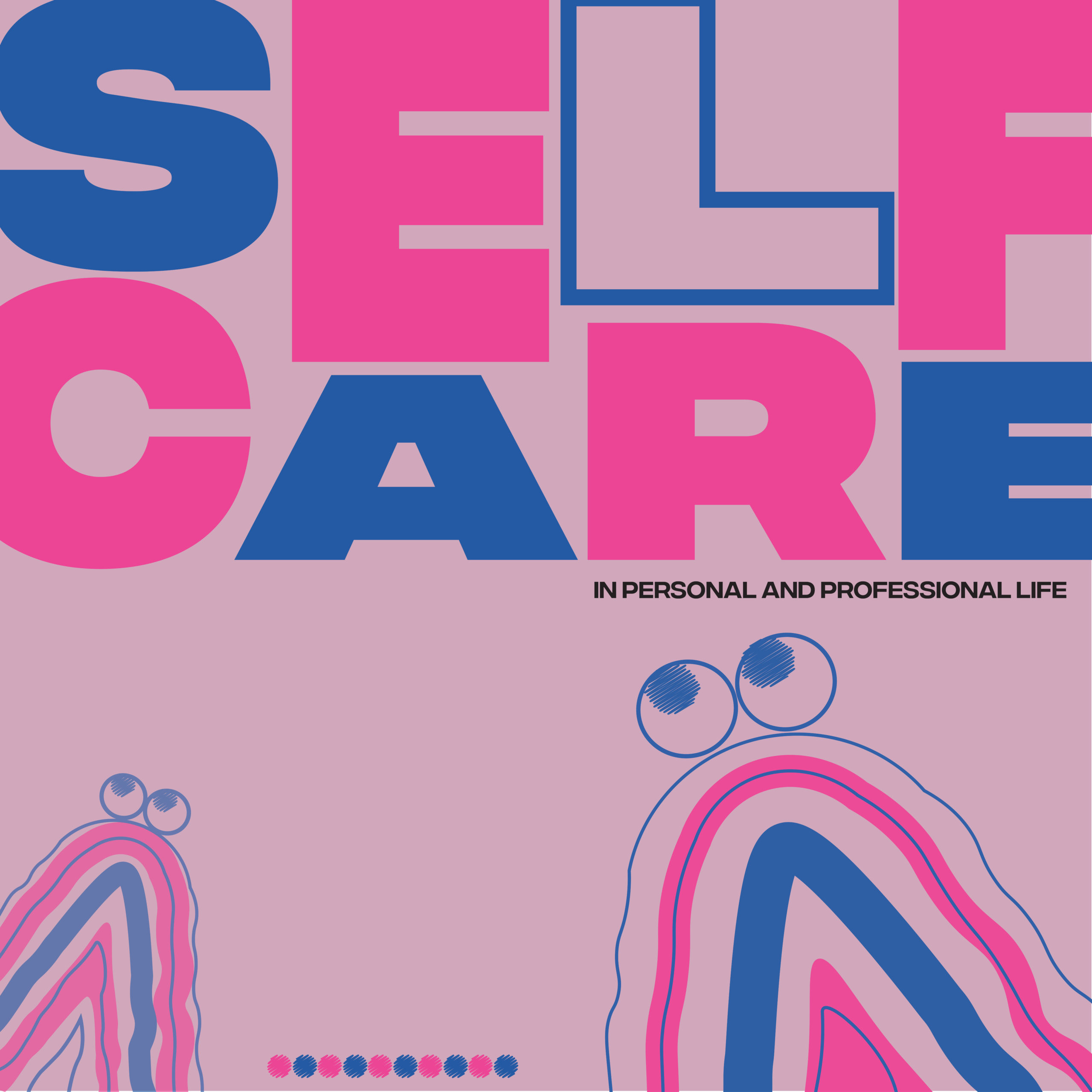CATEGORIES
#Employee Happiness #Well-Being #Women EmpowermentOverview:
- Setting boundaries is important for women to prioritize self-care and avoid burnout.
- Saying ‘no’ is a powerful act of self-care and helps conserve time and energy.
- Carve out time in your busy schedule for activities that bring joy and recharge you.
- Communicate your needs and expectations with loved ones to build healthy relationships.
- Establish clear work hours to maintain a healthy work-life balance and engage in self-care activities.
In a world that demands more of our time and energy, setting boundaries has become crucial to maintaining our well-being. This article explores the art of setting boundaries and how it can help prioritize self-care in both personal and professional life.
As women, we often wear many hats. We are the caregivers, the problem solvers, and the accommodators—the multitaskers. We have careers, families, and social lives to balance. It can feel like we constantly juggle a million different things at once. But amidst all of this, prioritizing our own self-care is important. And one of the most effective ways to do so is by setting boundaries.
Setting healthy boundaries is essential for safeguarding our physical, emotional, and mental well-being, enabling us to prioritize self-care and avoid burnout. By establishing limits that define our personal space, time, and energy, we effectively communicate our needs and expectations to others, maintaining healthy relationships while safeguarding our own well-being. In this article, we’ll delve into the art of setting boundaries and how to prioritize self-care in both your personal and professional life.

Here are some specific examples of boundaries you can set in your personal and professional life!
The Power of Saying ‘No’
Learning to say no is an essential part of self-care, particularly for women who often face external pressures to conform to others’ expectations. Saying no helps set clear boundaries and protect your time and energy. In both personal and professional spaces, many women also have to deal with sexism, where saying no can be met with criticism or backlash. Remaining firm and asserting your boundaries can help you prioritize your well-being, leading to respectful interactions.
A 2015 study in the Journal of Applied Psychology revealed that women experience higher emotional labor demands, leading to increased stress and burnout. The pressure to say ‘yes’ to emotional labor tasks at work can negatively impact women’s well-being and job performance. Whether taking on extra work at the office or helping out a friend in need, we feel guilty for saying ‘no.’ However, learning to say ‘no’ is essential to setting boundaries and prioritizing our own needs.
Saying ‘no’ does not mean we are being selfish or uncaring. It simply means we are being honest about our own limitations and priorities. Saying ‘no’ can actually be a powerful act of self-care. It allows us to conserve our time and energy for the things that matter most.
Protecting Your Time
One of the keys to setting boundaries is carving out time in our busy schedules for activities that bring us joy and help us recharge. That could be meditation, reading a book, or going for a walk.
Of course, finding time for self-care can be challenging, especially when we have demanding jobs or family obligations. However, even just a few minutes of “me time” each day can make a big difference in our mental and emotional well-being.

Setting Expectations with Loved Ones
Another important aspect is communicating our needs and expectations with our loved ones. This can be challenging, as it requires vulnerability and open communication. However, it’s essential for building healthy relationships and ensuring that the needs of all people in it are being met.
When setting expectations with loved ones, be clear and direct. Let them know what you need to feel supported and loved. This might mean asking for help with household chores, setting limits on social engagements, or simply asking for more quality time together.
Establishing Clear Work Hours
One of the biggest challenges of modern work life is the blurring of boundaries between work and personal time. Maintaining a healthy work-life balance can be hard with the rise of remote work and flexible schedules. Setting clear work hours for yourself is an important first step in achieving balance.
It ensures you have time to pursue personal hobbies, spend time with family and friends, and engage in other self-care activities. When communicating your work hours to colleagues, be clear and consistent. Stick to your schedule as much as possible, and avoid taking work calls or responding to emails outside of your designated work hours.
Limiting Distractions
In today’s fast-paced work environment, distractions can be a significant barrier to productivity and focus. Whether it’s the constant buzz of your phone notifications, the endless stream of emails flooding your inbox, or the chatter of colleagues in the next cubicle, distractions can make it difficult to get anything done.
To limit distractions, consider turning off your phone notifications or using priority notifications only, closing your email inbox during focused work time, and using noise-canceling headphones to block out background noise. Focus on one task at a time, and inculcate habits like time-blocking and task lists to stay on track.

Learning to Delegate
For many of us, delegation is a challenge. We may feel that it’s faster or easier to just do everything ourselves, or we may worry that delegating tasks will make us appear less competent or in control. However, learning to delegate effectively is an important skill to manage your workload and prioritize self-care.
When delegating tasks, be clear and specific about your expectations. Provide clear instructions and guidelines, and be available to answer any questions that may arise. This not only helps you be more effective, but it also empowers your colleagues to take on new responsibilities and develop new skills.
Conclusion:
Remember, setting boundaries is an ongoing process. It requires practice, patience, and consistency. But the benefits are well worth it. When we set boundaries, we are able to prioritize our own self-care, protect our mental and emotional well-being, and maintain healthy relationships with those around us.
You deserve to live a life that is fulfilling, balanced, and joyful. And setting boundaries is one of the most effective ways to make that happen.


